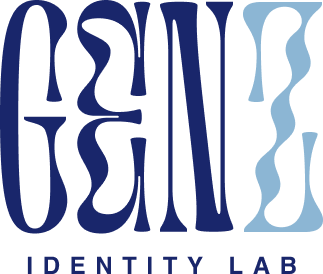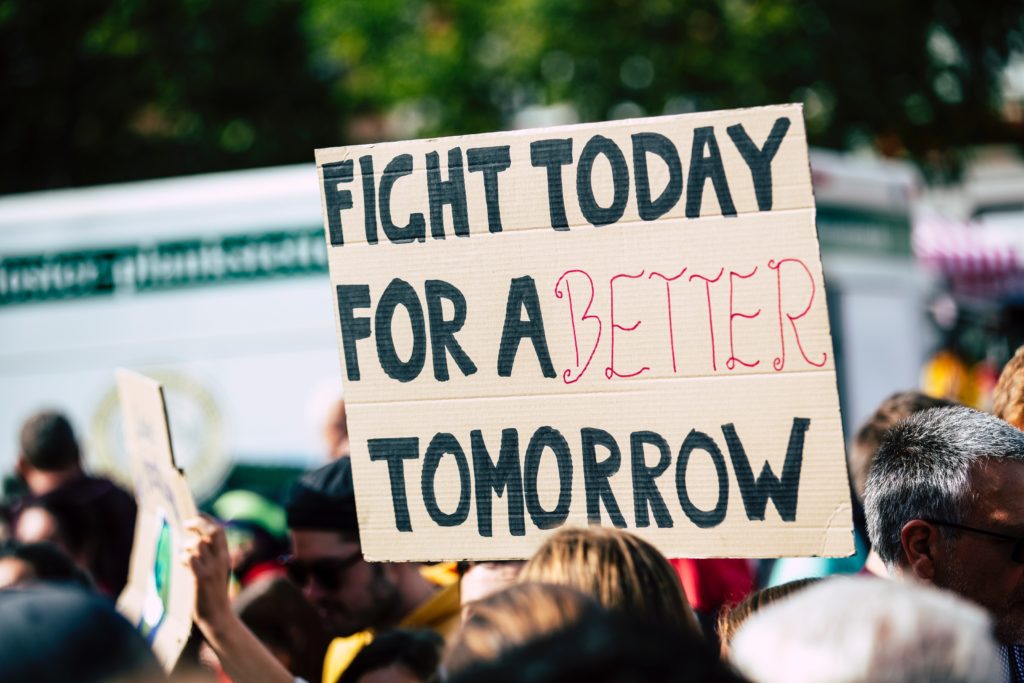“OK, Boomer,” a response generally used by Gen Z to dismiss the attitudes of Baby Boomers who “just don’t get it”, has been creeping into teenage vernacular since November 2019. The phrase has become so widespread that it has 152 results on Urban Dictionary, and as of May 2020, over 3.3 billion views on TikTok videos tagged with #okboomer. This is the first intergenerational battle to take place on the World Wide Web.
In just six short months, “OK, Boomer” has become Generation Z’s battle cry and is riling up teenage troops as we are just beginning to prove ourselves to the world. The popularity of “OK, Boomer” is an eruption of Gen Z’s frustration that the choices Baby Boomers have made in the past and still make directly impact our lives and hurt our collective future.
However, “OK, Boomer” has quickly turned into a weapon instead of a rallying call for the forces of good.
To understand the meme’s true purpose, we need to contextualize its intended target, discuss how it widens the generational gap, and make an effort to preserve Gen Z’s dignity in this brawl.
A Bit of Historical Context
Let’s step back to understand from a historical context how Baby Boomers grew up and what they were taught. Baby Boomers, defined as people born between 1946 and 1964, were named for the surge in the population after World War II. We might know them best as Grandma and Grandpa. Although most Baby Boomers share the same defining cultural experiences such as the Cold War, the Vietnam War, and NASA’s man on the moon, there are two cohorts of Baby Boomers. The first cohort consists of the early Boomers, born between 1946 and 1955, whose defining experiences included Woodstock, 1960s counterculture, social and drug experimentation, and protests and riots concerning second-wave feminism, civil rights, and environmental movements. The second cohort (late Boomers) were born between 1956 and 1964 and came of age during the Watergate scandal, the oil embargo, economic recessions, and the Reagan presidency.
The free-spirited upbringing of early Boomers produced Democrats, whereas late Boomers leaned Republican. Beginning in the 1980s, research showed that the now middle-aged Boomers began to lean conservative as they started to regret their support of the movements of their youth.
The Traits We Detest
Now that we have established some clarity regarding the history of Baby Boomers, the question remains: What qualities do Baby Boomers have that merit the criticism of Gen Z? Why is it that traits including rigidity and narcissism have become widely associated with Boomers?
Simply put, Boomers’ characteristics are a response to the events they lived through. Some Boomers may have adopted rigidity in their thinking in reaction to the constant upheaval that characterized their childhood. As for the accusation of narcissism, Boomers have long been called hedonistic and even nicknamed the “Me generation” because of their consumer culture and fixation with human potential and finding oneself. Additionally, throughout history, every generation has been critical of the generation that succeeded them. It is important to take a step back and look at the Boomers’ upbringing in a historical context to understand the characteristics that Gen Z mocks. The point is, when “OK, Boomer” is flung at an actual Boomer, the label completely ignores the human experiences that shaped their viewpoints and personality traits.
A Widening Generational Gap
To a large extent, Baby Boomers were not taught to embrace many of the ideas that Gen Z embraces, such as technology, collaboration, and the importance of diversity. Instead of explaining ideas so that Baby Boomers evolve with the shift, Gen Z can be quick to shut down the conversation with a simple “OK, Boomer,” which implies that intergenerational conversation is redundant and exhausting.
“OK, Boomer” is not a bridge to a conversation that can lead to change. Rather, “OK, Boomer” leaves both generations stuck in their respective set of beliefs with the assumption that only they are right. This creates a generational superiority complex called generationism.
Generationism, or “the belief that a specific generation has inherent traits that make it inferior or superior to another generation,” has been around for a long time. Older generations criticize younger generations because they consider themselves smarter and better. This triggers the younger generation to push back. Older generations have been saying “kids these days” for centuries and teenagers have been rebelling for even longer. So why is “OK, Boomer” any different? If the cycle has been happening for centuries, then why did this conflict between Baby Boomers and Gen Z escalate?
Simple. The Internet has expanded the ability for anti-Boomer sentiments to reach a significantly wider audience and has the superpower of being able to mask the identities of users. This way, Millennials and Gen Zers can hide behind a screen and say what they please about Boomers.
Besides anonymity, another advantage Gen Z holds over Baby Boomers is their extensive knowledge of the Internet, which is where this battle is taking place. Baby Boomers did not grow up with computers and iPhones at their fingertips. Instead of adopting this technology instantaneously, Boomers have had to move from paper and pen to typewriters to computer screens with complex and constantly changing features. Boomers have had to change their practices while Gen Z was born into it. “OK, Boomer” is shaming Baby Boomers for not conforming quickly enough while we are waging the war on a platform through which many Baby Boomers are either slower to or unable to fight back. This “fight” is not taking place on equal footing.
OK, Gen Z, Let’s Do Better
I understand that “OK, Boomer” is not just a cavalier clap-back, but also a way for Gen Zers to advocate for the issues that matter to them. If anything, one of Gen Z’s most defining characteristics is our interest in activism, which should be part of our generational pride. However, Gen Z is still young, and we have not finished building the foundation for our generational pride, the values we uphold, and the ideas for which we stand. We are a work in progress! However, pushing others down to elevate ourselves is not how the history books and Wikipedia pages should record us.
I know we can do better than sinking to insults. We can educate ourselves and others by leveling the playing field. We can encourage and participate in peaceful, intergenerational conversation and debate. We can work hard to understand all points of view. These are the tools to decrease the recently planted toxicity between Boomers and Gen Z.
So, let’s stop pointing fingers and talking about what Boomers did wrong. A more productive alternative to #okboomer would be #okgenz, a hashtag that can be used to share what we are each doing to make positive change.

Born in New York City and now a frequent visitor, Liv moved to Miami at a young age and is a student at Ransom Everglades School where she is a member of the Speech & Debate and Academic teams. Liv is fifteen years old and most passionate about politics and innovation in education systems. An aspiring political analyst, in Fall 2020, Liv is launching Phos, a YouTube series for high school students that shines a light on and dissects recurring issues in the news and current events from multiple perspectives. She is thrilled to contribute to Gen Z Identity Lab to help share diverse points of view that move peer conversations from thoughts to actions to change.


